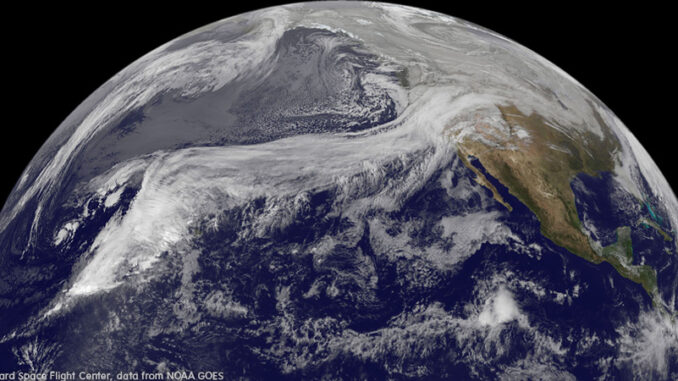
Do you have plans to plant some trees this April 22nd? Maybe you’re going to don a plastic vest and rid your local park of litter, or send an email to your local officials about recycling programs you’d like to see get started in your community. Or maybe you want to take part in a peaceful protest of a company who pollutes more than it should. If so, you should take some time to thank Gaylord Nelson for making your efforts a little easier.

In 1970, Nelson was a United States senator from Wisconsin. Deeply affected by a massive oil spill in Santa Barbara, California, and inspired by the methods of those who protested the Vietnam War, Nelson decided to do something. He partnered with Republican Congressman Pete McCloskey of California and led a staff of 85 people to organize environmentally-conscious events across the country. On that first Earth Day on April 22, more than 20 million people gathered in the name of making our world a better place.
Initial Efforts
The original Earth Day helped, in part, to push forward some great political achievements. Among the most significant are:
- Environmental Protection Agency (EPA) This federal government agency was proposed by President Richard Nixon in 1970. The EPA’s purpose is to both create and enforce a set of standards in regards to what is best for the environment.
- Clean Air Act Originally created in 1963, this law lays out regulations to control air pollution. It was greatly expanded in 1970 when the EPA was created. The Clean Air Act was amended again in 1990 to include issues of acid rain and destruction of the ozone layer. It was also the first environmental law to allow citizens to bring a lawsuits against corporations or other persons for violations.
- Clean Water Act In 1972, Congress passed this federal law to reduce the amounts of toxic substances released into our waters. Drinking water for more than 117 million people in this country comes from small streams. The Obama administration continues the federal government’s commitment to clean water.
- Endangered Species Act While there have been major wildlife conservation efforts since the 1900s, it was President Nixon who pushed efforts to the national level with this 1973 law. It was designed to protect both the animals as well as the ecosystems that the animals live within.
Today and Tomorrow

Celebrating Earth Day became increasingly popular throughout the 1990s, leading to the United Nations Earth Summit held in Rio de Janeiro in 1992. By 2000, large-scale Earth Day celebrations became commonplace all over the world, including a massive rally on the National Mall in Washington, D.C.. Today, many organizations use Earth Day as a time to organize large-scale initiatives, including film director James Cameron’s A Billion Acts of Green.
As far as we’ve come in our efforts to curb the human-impact on our planet (through energy-efficient vehicles and community recycling programs, for example), the challenges we face are still huge. Climate change remains a political and scientific challenge. Agree upon how to fix such a problem is not likely to be solved any time soon. The struggle to find alternative, sustainable, cheap energy sources is another hot topic with complex solutions. But, the fact that these issues are gaining a growing awareness and the attention of our leaders and decision-makers is a hopeful sign for spring.
